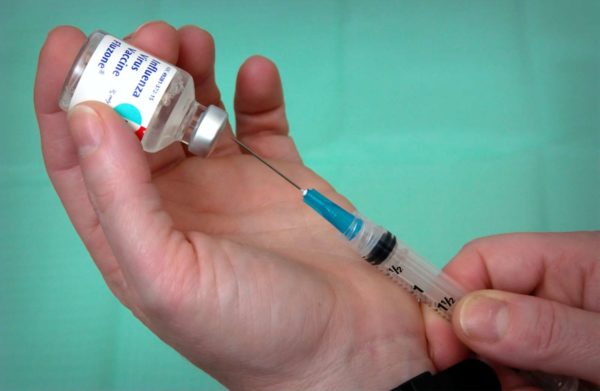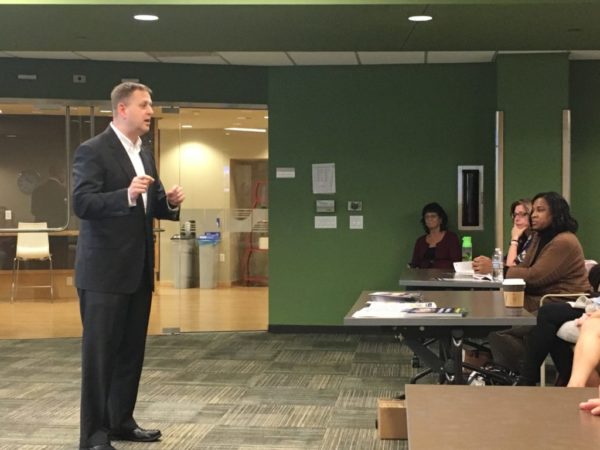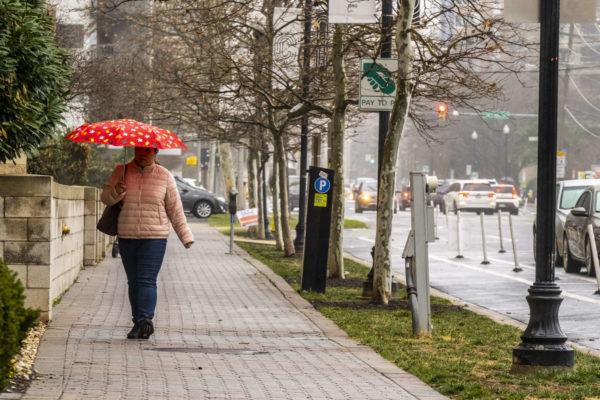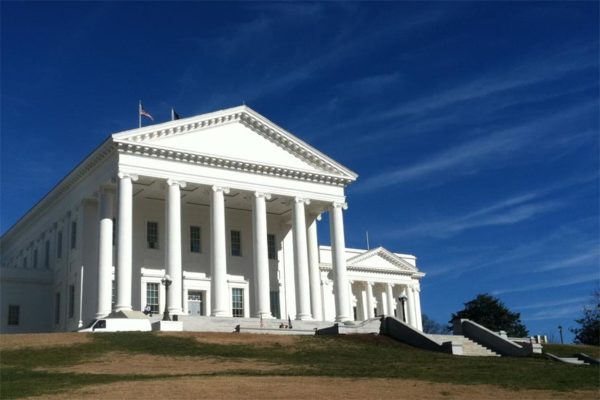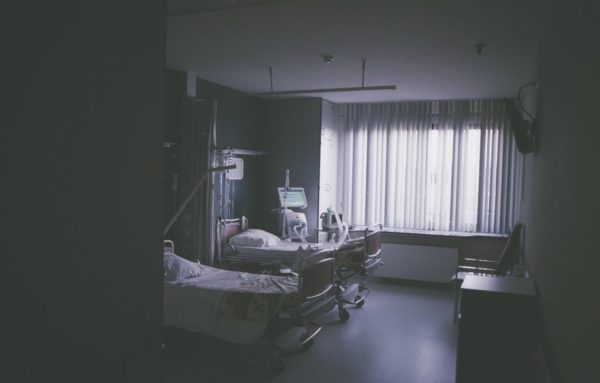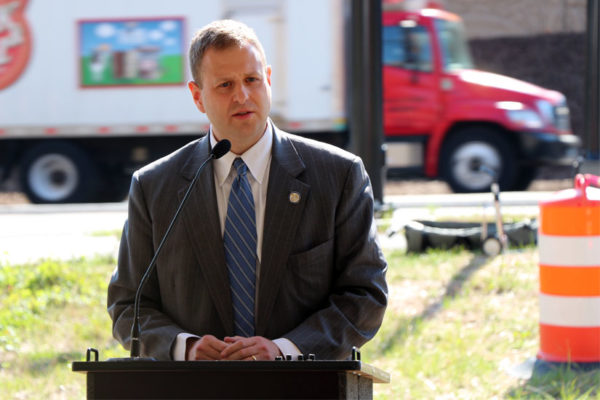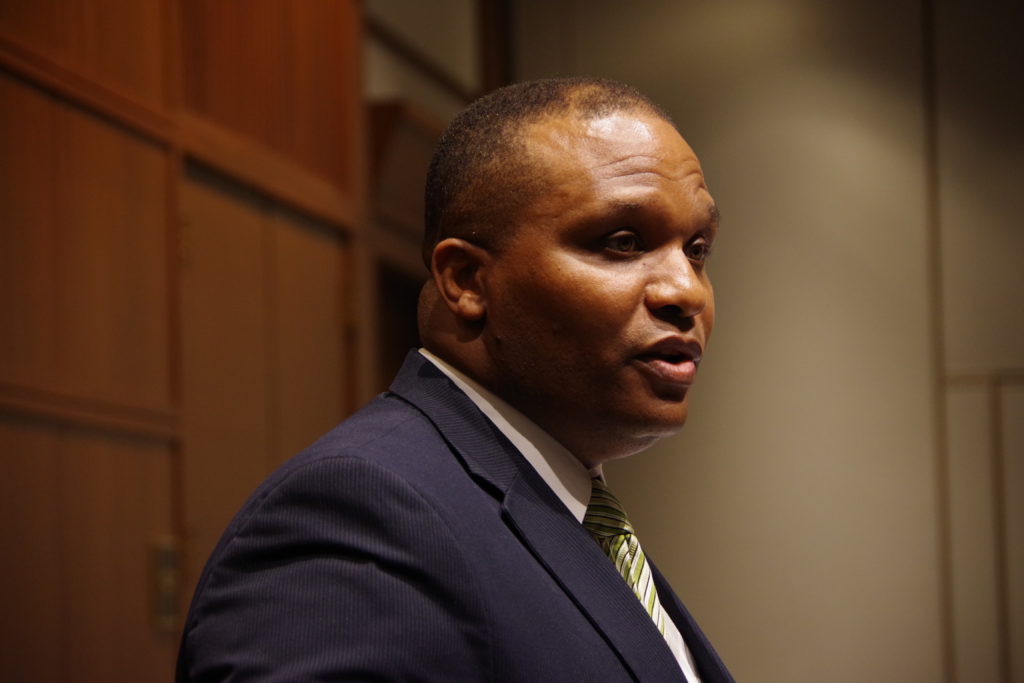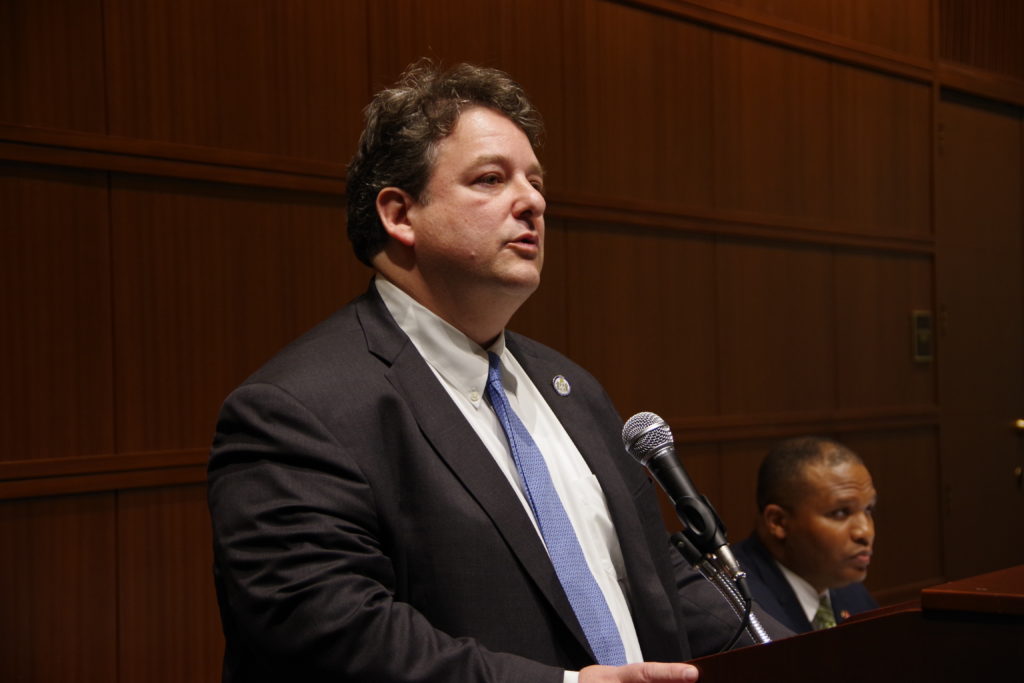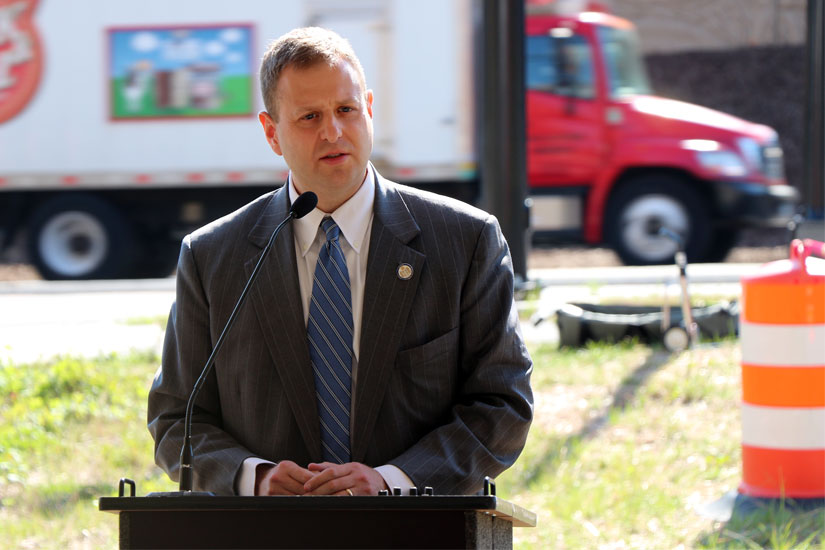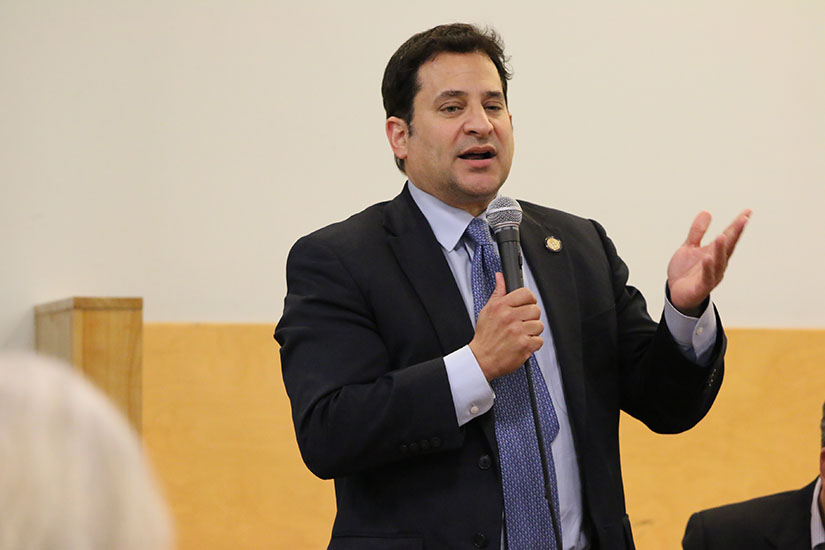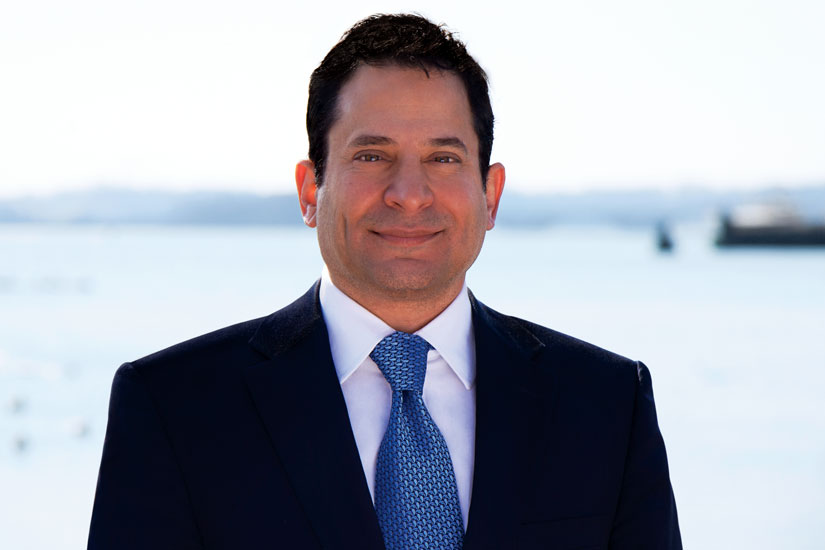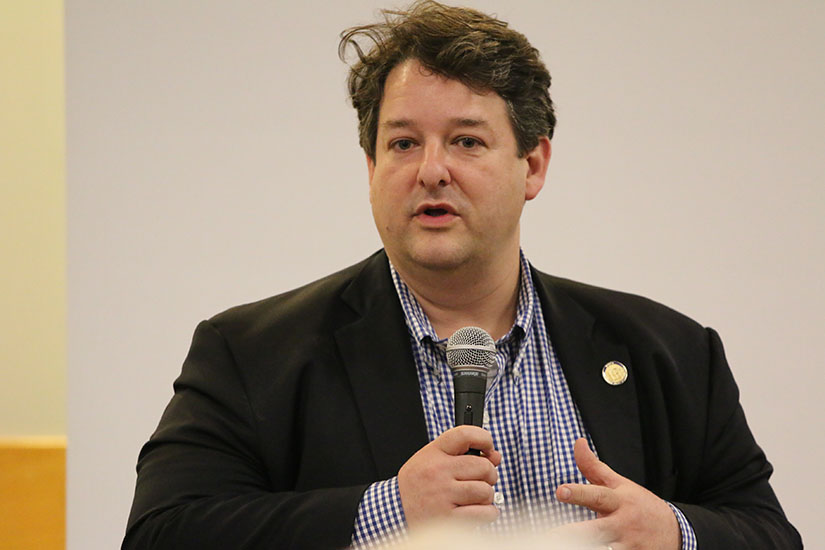The following Letter to the Editor was written by long-time Arlington resident John Seymour.
In a video panel discussion held this week with local Democratic leaders, several Northern Virginia members of the General Assembly were asked to select the piece of legislation passed this session of which they were most proud.
Del. Patrick Hope (D), six-term House of Delegates member representing much of Arlington County, did not choose one of the Democrats’ marquee accomplishments — expansion of voting rights, gun control measures, increased transportation funding, raise in the minimum wage, or even a Clean Energy Act which signaled a transformation in the energy sector. Instead, Delegate Hope picked a little known — but now seemingly prescient — bill intended solely to increase Virginia immunization rates.
Championed by Delegate Hope for years, the bill’s final vote was a close thing. In a deeply divided House and Senate, the bill passed on party lines with razor thin margins. One Republican Senator, a physician representing Henrico County, broke party ranks and voted for the bill. She reminded her GOP colleagues that “this is the 21st Century” and that the proposed legislation simply represented what the Commonwealth should be doing to protect its citizens from communicable diseases.
Delegate Hope echoed that conviction and also expressed his belief that the bill will expedite responses to the current coronavirus crisis and future pandemics, when and if vaccines become available. The bill is on the Governor Northam’s desk awaiting signature.
In earlier times, when our nation’s citizens displayed higher levels of trust in science and professional health expertise, the bill would have been viewed as unremarkable and commonsense. In a very few lines of text, the bill simply elevates science over politics. It gives the Virginia Department of Health the authority to align Virginia’s school immunization schedule with the recommendations of the U.S. Centers for Disease Control and Prevention — the nation’s preeminent health authority.
Under current law, in contrast, only illnesses identified and recommended by non-physicians– the Assembly itself — can be added to the Department of Health schedule. Unsurprisingly, no disease has been added since 2008. Republicans controlling both Houses blocked periodic efforts to add vaccines recommended by the CDC.
The immediate effect of the bill is to add several additional vaccinations — for rotavirus, hepatitis A, meningitis, and human papillomavirus (HPV) — to the Commonwealth’s vaccination schedule. Its long-term import is to introduce an evidence-based and scientifically rigorous process, free of partisan wrangling, for amending Virginia’s immunization schedule to address existing as well as new and emerging public health threats.
Although health groups overwhelmingly supported the bill, opposition to the bill was fierce. The bill was opposed by such groups as the National Vaccine Information Center, an organization criticized by national and international health organizations as a leading source of false and inflammatory anti-vaccine propaganda.


